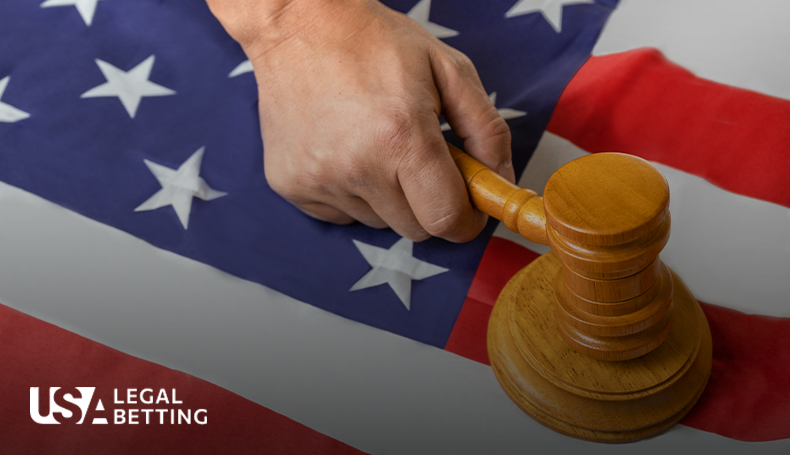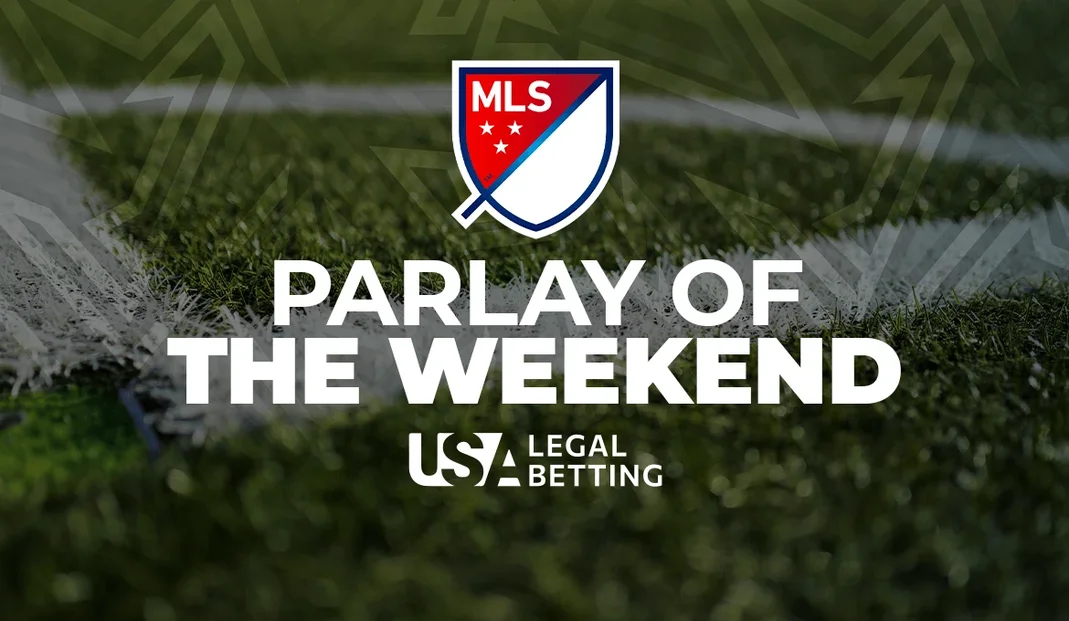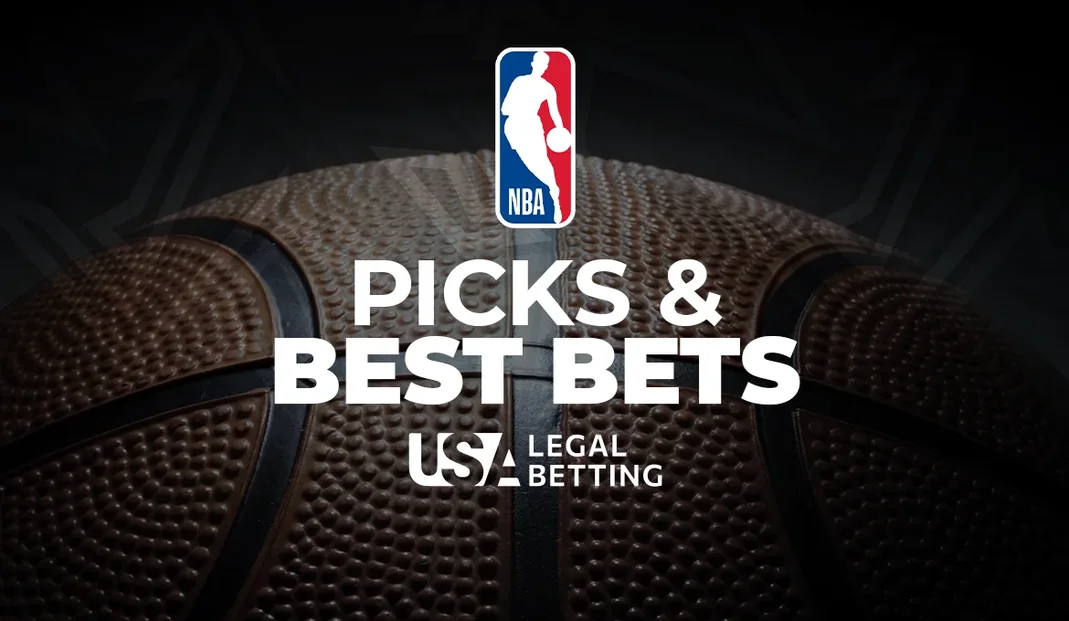Sports betting was legalized in America in 2018 when a federal court decided to repeal the PAPSA decision. Since then, 38 states (and Washington D.C.) have legalized sports betting.
There are several reasons for the growing shift towards the Big Four. One is that companies were so eager to join the sports betting landscape that they incorrectly predicted or overestimated their long-term sustainability in the market, and once they left, their customers turned to the top operators.
Another is that because the companies at the bottom of the pyramid are fighting for scraps, the ones at the top of the food chain are investing in their product and attracting even more customers. For example, FanDuel offered every new customer that signed up ahead of the Super Bowl a share of $10 million in bonus bets if Rob Gronskowski attempted a 25-yard field goal (which he did).
The sports betting giants also have an easier time acquiring licenses in new states and expanding to new jurisdictions. As proof, FanDuel and DraftKings are both legal in 22 states and Washington D.C. Compare that to companies such as WynnBet, which is in 10, or Unibet, which is in five.
States have made attempts to help protect smaller sportsbooks from folding. Maryland in particular put safeguard in place when it legalized sports betting last year, though over 90% of its betting handle still flows through FanDuel, DraftKings, and BetMGM.
Sportsbooks’ busiest time of the year, the NFL season, is fast-approaching. The six-month stretch of football will help drive revenues and will be the primary window to attract customers and grow the platform.










